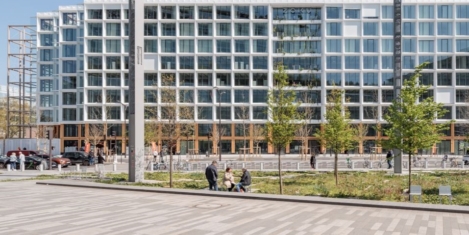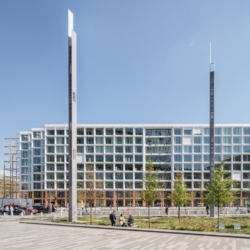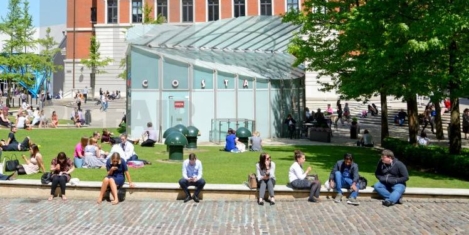To provide the best experiences, we use technologies like cookies to store and/or access device information. Consenting to these technologies will allow us to process data such as browsing behaviour or unique IDs on this site. Not consenting or withdrawing consent, may adversely affect certain features and functions.
The technical storage or access is strictly necessary for the legitimate purpose of enabling the use of a specific service explicitly requested by the subscriber or user, or for the sole purpose of carrying out the transmission of a communication over an electronic communications network.
The technical storage or access is necessary for the legitimate purpose of storing preferences that are not requested by the subscriber or user.
The technical storage or access that is used exclusively for statistical purposes.
The technical storage or access that is used exclusively for anonymous statistical purposes. Without a subpoena, voluntary compliance on the part of your Internet Service Provider, or additional records from a third party, information stored or retrieved for this purpose alone cannot usually be used to identify you.
The technical storage or access is required to create user profiles to send advertising, or to track the user on a website or across several websites for similar marketing purposes.
 The UK Government’s National Fraud Initiative is looking into a number of local authority employees who have been caught ‘moonlighting’ while they were supposed to be working from home for the council. The NFI considers this a form of fraud because it is seen as working multiple contracts without the knowledge of employers and contrary to their terms of employment. Multiple contract working is seen as fraud when people who are paid to work full time, split their days between two or more employers without their knowledge. (more…)
The UK Government’s National Fraud Initiative is looking into a number of local authority employees who have been caught ‘moonlighting’ while they were supposed to be working from home for the council. The NFI considers this a form of fraud because it is seen as working multiple contracts without the knowledge of employers and contrary to their terms of employment. Multiple contract working is seen as fraud when people who are paid to work full time, split their days between two or more employers without their knowledge. (more…)

































October 16, 2023
London Real Estate Forum makes the right noises, but will be judged on action
by Helen Parton • Comment, Events, Property